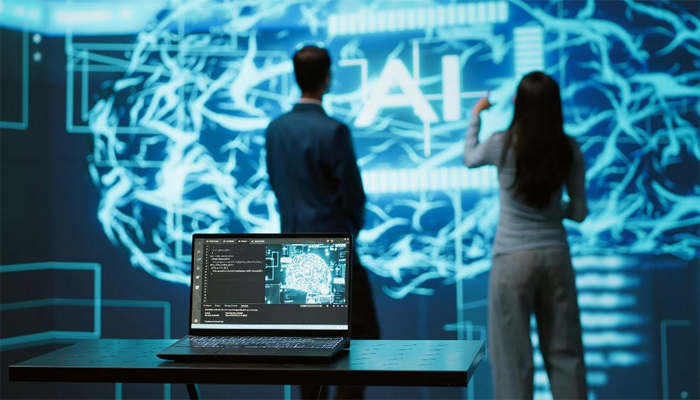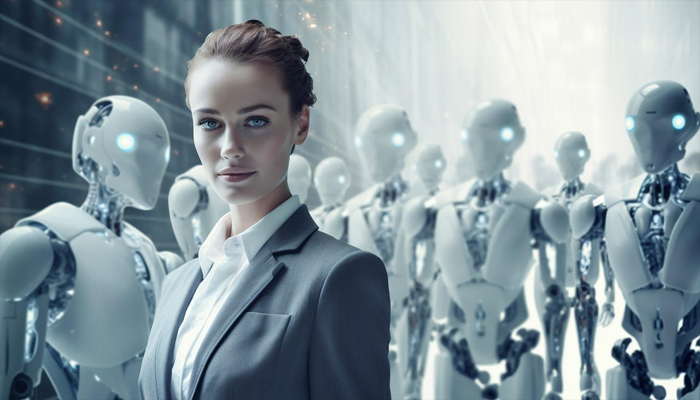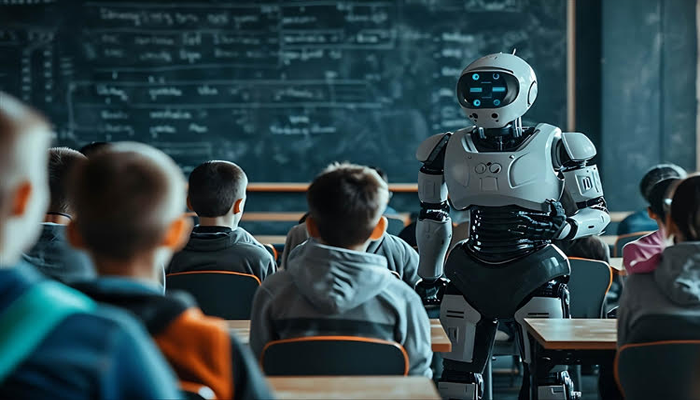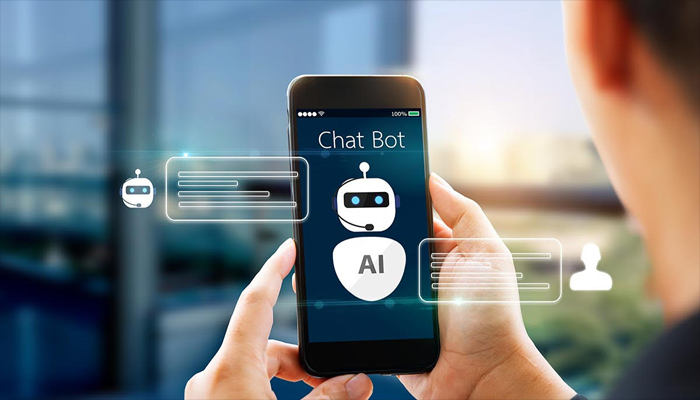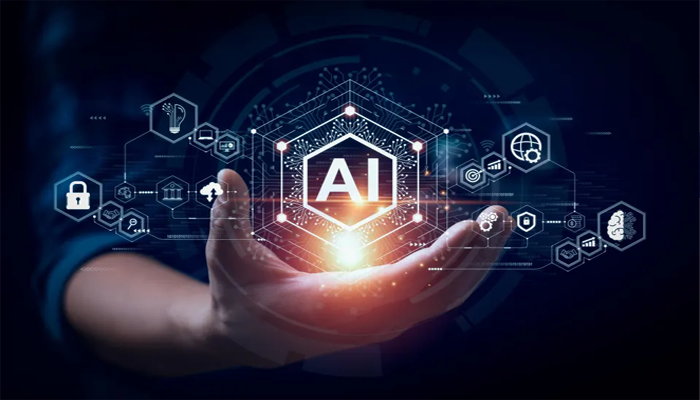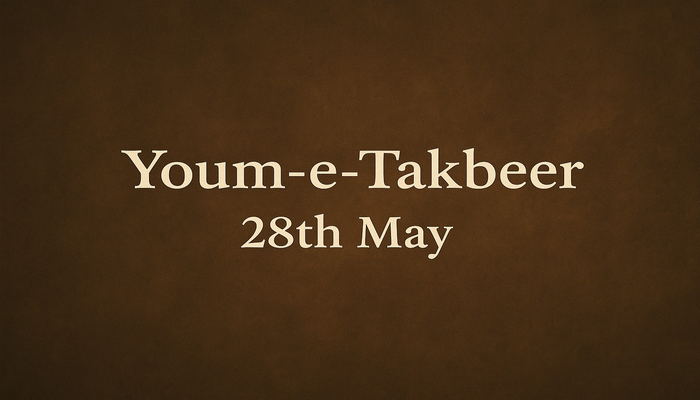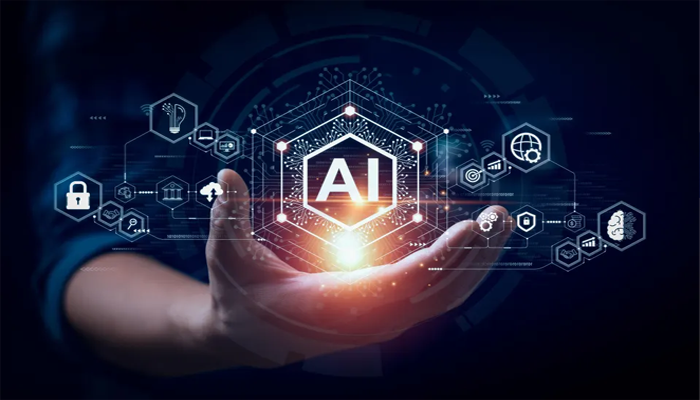By: Muhammad Faizan Khan
A Lead SQA Engineer and Project Manager with expertise in AI, Agile, and software quality.
As AI enters even more powerful and ubiquitous phases, the question is no longer what AI can do but what we will permit it to become.
There is a tendency especially in tech culture, to treat artificial intelligence as an unstoppable force of nature, like gravity or time. This mindset obscures a more sobering truth: AI is not just rising, it is being raised. It is a reflection of our priorities, our values and increasingly, our biases. As the AI boom barrels forward, we must move beyond the amazement stage and begin reckoning with what this technology is doing to our attention, our labor systems and our collective sense of agency.
The AI we see today, chatbots, image generators, predictive models, may look like magic but their rise is anything but mystical. It is the result of decades of data accumulation, advances in computational power and a cultural readiness to outsource cognition itself. What we’re witnessing is not the birth of intelligence in machines but the rapid commodification of human patterns and behavior.
The most transformative shift in AI is not technical, it is psychological. When ChatGPT, Copilot, or Gemini offers a summary, a diagnosis, or a recommendation, we don’t just consume it like a weather report. We interpret it as truth. In behavioral terms, this is called automation bias: the documented human tendency to overtrust machine-generated outcomes, even when we know they might be wrong.
A 2023 MIT study found that users presented with AI-generated answers were more likely to accept incorrect responses if the AI appeared confident, even in areas where the user had domain expertise. In essence, AI doesn’t just amplify what we know. It subtly reshapes how we know.
This is especially troubling when AI starts to mediate our decisions in opaque ways. When a hiring algorithm filters resumes or a recommendation engine subtly steers public opinion, we face a legitimacy crisis. Who is accountable when a machine makes the wrong call? More importantly, who sets the rules when machines are making calls we don’t even see?
The workplace is another frontier already being redefined by AI, not just through automation but through augmentation. Jobs are not just being replaced; they are being reconfigured. A paralegal who once combed through contracts now reviews AI summaries. A journalist fact-checks chatbot drafts. An entry-level coder becomes a code reviewer.
While this kind of augmentation can boost productivity, it often comes without structural safeguards. Workers are expected to adapt, retrain and optimize as if they themselves are software. Meanwhile, the ownership of these tools and the profits they generate, remain concentrated in the hands of a few tech giants.
Predictions for the next decade suggest more disruption. Goldman Sachs estimates that up to 300 million full-time jobs could be impacted globally by generative AI. Yet policy frameworks remain reactive at best. We have innovation on fast-forward and regulation on pause.
The rise of AI also challenges something more intangible: our sense of meaning. In a world where machines can produce poems, paintings and philosophical musings, what does creativity mean? If an algorithm can write a passable screenplay, does it make the human artist obsolete, or more essential?
There is a paradox here. The more we use AI to mimic humanity, the more we are forced to define what is uniquely human. And in that mirror, we sometimes see our own tendencies to reduce complexity to formulas, to favor efficiency over depth.
But real intelligence is not just about prediction. It is about context, contradiction, emotion. AI systems do not feel joy or guilt or love. They do not experience the weight of ethical choice. They simulate cognition, they do not inhabit it.
So, where are we left? With a technical and moral challenge. We build AI systems that improve human well-being rather than harm it. This means being transparent, building in friction when reliance leads to risk, and ensuring equitable access to the benefits we get from these tools.
But perhaps most importantly, we need to preserve the spaces where human judgment, creativity and empathy are irreplaceable. The future of AI is not a question of inevitability. It is a question of stewardship.
In the end, we are not passengers on a runaway train. We are at the controls, whether we choose to take the wheel or not.

